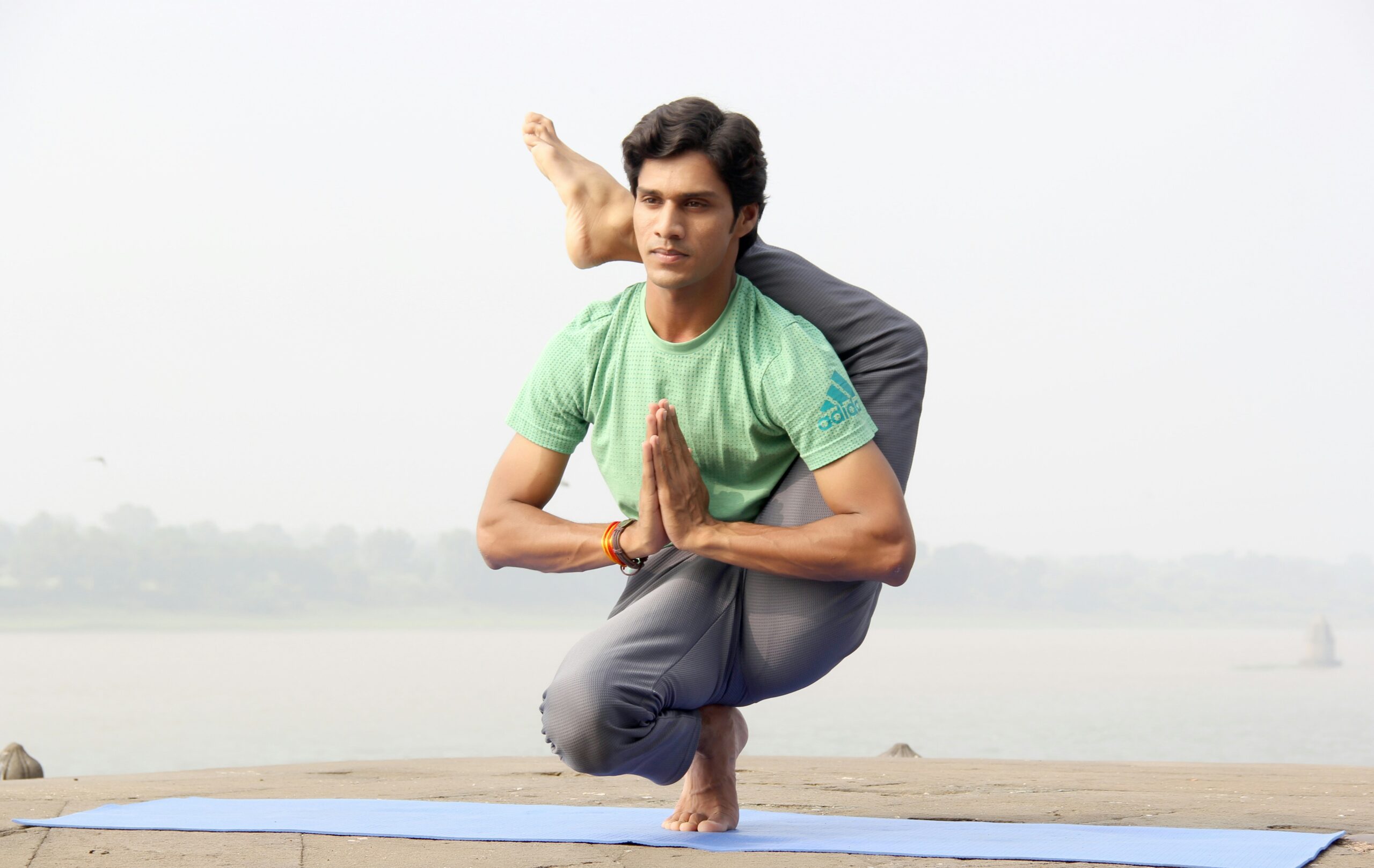Rethinking Sportsmanship: The Changing Face of Competition and Fair Play
Not too long ago, I found myself glued to the couch, popcorn in hand, watching a classic sports rivalry unfold. It was one of those games that had everything: nail-biting tension, incredible athleticism, and a few questionable calls from referees that had even the most laid-back fans screaming at their screens. But amidst all the cheers and jeers, what struck me most wasn’t just the competition, but the way players interacted with one another. I mean, gone are the days when a good old slap on the back or a handshake after a hard-fought game was the norm. Instead, we have players throwing shade and social media beefs that could rival reality TV drama. What happened to sportsmanship? (I guess I’m getting old…)
In an era where competition is fiercer than ever and social media amplifies every moment, the concept of sportsmanship is evolving. We’ve seen athletes become more than just players; they’re brands, influencers, and role models. And with that comes a whole new set of expectations—not just for how they perform on the field, but how they carry themselves off it. This shift begs the question: What does sportsmanship even mean in today’s world? And how can we redefine it to reflect our changing attitudes towards competition and fair play?
The Traditional View of Sportsmanship
Let’s take a trip down memory lane, shall we? I remember watching my dad’s old VHS tapes of legendary games. Picture it: players helping each other up after a tough tackle, exchanging smiles, and showing mutual respect. Sportsmanship back then was about integrity, respect, and graciousness—win or lose. (Of course, I also remember my dad yelling at the screen, so maybe that’s just nostalgia talking…)
Traditionally, sportsmanship has been characterized by a few key elements: respect for opponents, graciousness in victory, and humility in defeat. It’s about playing fair, following the rules, and treating everyone—players, referees, and fans alike—with respect. But as competition has intensified, and the pressure to win has skyrocketed, these principles have started to feel a bit… outdated? (Not that I’m advocating for a free-for-all, but you get my drift.)
The Rise of the ‘Me’ Culture
Social media has played a huge role in shaping how we view sportsmanship today. With the ability to post highlights, trash-talk, or share personal moments in real-time, athletes are often caught in a whirlwind of self-promotion and branding. I mean, who doesn’t love a good Instagram post showcasing a game-winning shot, right? But it’s also led to a culture of individualism. Instead of focusing on the team, it seems more about personal achievements and online personas.
Take, for example, the infamous moments of athletes calling out their opponents on Twitter or Instagram. It’s entertaining, sure, but it often overshadows the actual game. I wonder, does this kind of behavior undermine the very essence of what sportsmanship is supposed to be? (I guess we could just blame it on the algorithm…)
Examples of Changing Sportsmanship
Let’s look at some real-world examples. Remember when Serena Williams faced off against Naomi Osaka in the 2018 US Open final? The match itself was electrifying, but what stuck with me was the aftermath. Williams had a meltdown (which, let’s be honest, was a bit of a spectacle), but what really caught my attention was Osaka’s reaction. Instead of gloating or celebrating her victory, she showed incredible grace under pressure. She wept in her on-court interview, expressing empathy for Williams and acknowledging the complex emotions surrounding the moment. That was a whole new level of sportsmanship, if you ask me.
Then there’s the world of soccer (or football, depending on where you’re reading this!). Players like Marcus Rashford have leveraged their platform for social good, campaigning against child food poverty in the UK. His actions have sparked conversations about responsibility and the role of athletes in society. It’s no longer just about the game; it’s about making a difference. So, can we redefine sportsmanship to include social advocacy? I think we might have to.
The Impact of Technology on Fair Play
Alright, let’s talk about technology. It’s a double-edged sword in the world of sports. On one side, we have instant replay and VAR (Video Assistant Referee) in soccer, which aims to ensure fair play and accurate calls. But then again, it can also lead to heated debates and frustration among players and fans alike. I mean, who hasn’t experienced that gut-wrenching moment when a goal is disallowed after a lengthy review? (And the referee’s still getting paid for this?!)
With technology evolving, the concept of fair play is also changing. On one hand, we have the tools to ensure the rules are followed; on the other, there’s the potential for exploitation. Players and coaches are constantly seeking advantages—whether it’s through performance-enhancing technology or pushing the boundaries of what’s considered sportsmanlike. I guess it makes you wonder: where do we draw the line?
Redefining Sportsmanship for a New Era
So, what does the future hold for sportsmanship? I think it’s time for a bit of a makeover. We need to broaden the definition beyond just respect on the field. It’s about kindness, empathy, and responsibility in all aspects of competition. It’s about acknowledging that every athlete is a human being, with their own struggles and triumphs. (And let’s be real, we all have our off days, right?)
We can start by encouraging athletes to use their platforms for positivity. Imagine if more players followed in the footsteps of Marcus Rashford, or if we saw less trash-talking and more camaraderie. What if rival teams celebrated their achievements together instead of just focusing on beating each other? It might sound a bit utopian, but I genuinely believe that fostering a culture of positivity and support could redefine how we view competition.
The Role of Coaches and Organizations
Coaches have a massive influence on how sportsmanship is perceived and practiced. They’re the ones who set the tone for their teams. I remember my high school coach always saying, “Win with dignity, lose with grace.” (He also had a knack for motivational speeches that would make you want to run through a wall… but that’s a story for another day.) It’s crucial for coaches to instill these values in their players. They need to emphasize that being a good sport is just as important as winning.
Furthermore, sports organizations can play a pivotal role in redefining sportsmanship. By implementing programs that promote fair play, respect, and community engagement, they can help shape a new generation of athletes who value integrity as much as victory. The NBA, for instance, has made strides in promoting social justice initiatives. It’s encouraging to see such organizations taking a stand and leading by example.
Fans and Their Influence
Let’s not forget about the fans! We play a significant role in shaping the culture of sportsmanship, too. Our reactions—whether it’s cheering for a good play or booing a bad call—send messages to athletes. I mean, how many times have you cringed at fans heckling players? (We’ve all been there, especially during a heated rivalry game…) But what if we could create a culture that applauds good sportsmanship, regardless of the outcome? Imagine a world where fans cheered not just for their teams, but for the spirit of the game itself.
In the end, it’s about creating an environment where respect and kindness are celebrated. We need to hold ourselves accountable as fans, encouraging positive behavior and fostering a sense of community. After all, sports are meant to bring us together, not tear us apart.
Conclusion: Moving Forward with a New Perspective
As we navigate this evolving landscape of competition, it’s essential to rethink our approach to sportsmanship. It’s time to embrace a broader definition that encompasses empathy, responsibility, and positivity. We have the power to redefine what it means to be a good sport—not just for athletes, but for fans, coaches, and organizations alike.
So, the next time you’re watching that nail-biting game (with your popcorn, of course), take a moment to reflect on the bigger picture. Let’s celebrate not just the victories, but the values that make sports so special. After all, at the end of the day, it’s not just about the scoreboard; it’s about the heart and soul behind the competition. And maybe, just maybe, we can all be a little better at showing sportsmanship—both on and off the field. (Who knew a couch potato could get so philosophical?)







